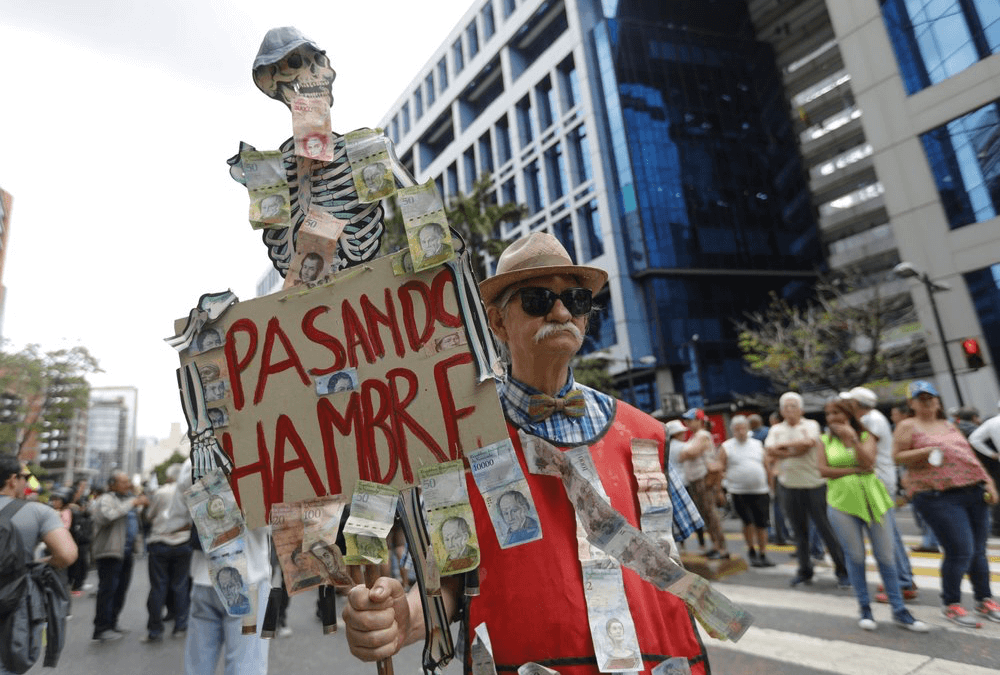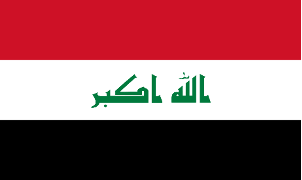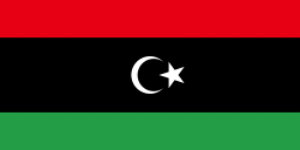March 14, 2020

Weekly Report 13 March 2020

Juan Guaidó called for a new round of protests, the first since returning home from his international tour earlier this year, but a disappointing result left the movement unsure of how to move forward. Only a small amount of people turned out in support, and the march was broken up quickly by police with tear gas. Opposition protests drew millions a few years ago, but now it is surprising to even see 1,000. Protesters are growing weary with no sign the government is changing course, and an increasingly harsh police force is making it dangerous.

The Russian Parliament approved an amendment to their national constitution that would reset Vladamir Putin’s term count, allowing him to stay in power for another 12 years after his current term ends in 2024. The revised constitution will go to a nationwide vote next month. The amended document includes a ban on same-sex marriage and adds “a belief in God” to a list of Russia’s traditional values.

After a week of deadly violence, Iraq’s foreign minister summoned ambassadors from the United States and Great Britain for an emergency meeting. Overnight airstrikes against the Iran-backed Kataib Hezbollah killed five, which were in response to a previous attack on US and British soldiers. The violence comes less than a week after security forces used tear gas against protesters in Baghdad, injuring 16 demonstrators.

Satellite images of the city of Qom show mass graves being dug, confirming that the COVID-19 outbreak in the country is much more serious than the government is letting on. The minister of health has already been accused of lying about the seriousness of the virus, and many are worried that Iran is ill-equipped to deal with it.
Government leaders asked the International Monetary Fund for a $5 billion loan, the first time the country has turned to the IMF since its 1979 revolution. Even before the outbreak began, Iran’s economy had taken a hit from slipping oil prices and international sanctions.

Last week’s ceasefire for the region of Idlib seems to be holding steady as Turkish and Russian officials hammered out more details of the agreement this week. Turkish President Erdogan said that he would be willing to take strong military action against even the smallest violation of the agreement.
However, the peace was not felt over the entire country — a car bomb killed at least four people in northeast Syria Thursday. Turkish officials blamed Kurdish militants for the attack.

As China slowly recovers from the COVID-19 outbreak, experts are looking at this crisis from a new angle: the high human rights cost. Amnesty International condemned the country for its lack of regard for its citizens’ rights, while Chinese officials defend their actions, saying that these unprecedented circumstances dictated a strong response. China developed facial recognition software and apps to identify masked people and decide whether or not they should be allowed into public spaces. Critical online postings about the government’s response to the virus have been censored, and individual whistleblowers and activists have been threatened.
Per their agreement with the Taliban, US troops have begun to leave Afghanistan, their goal being to reduce to 8,600 over the next 4 months. However, the deal is being overshadowed by an unfolding political crisis. Both incumbent President Ashraf Ghani and his rival Abdullah Abdullah were sworn in as leader of the country after the American envoy to the country could not broker a deal between the two.

Anti-government protesters assembled for a memorial dedicated to a Hong Kong University of Science and Technology Student who died last November. Police deemed the assembly illegal and detained several people. Violence broke out and police knocked over a Cable TV reporter with shields. A bipartisan committee in the United Kingdom’s Parliament has launched an investigation into potential human rights abuses committed by the Hong Kong police force.

The Government of National Accord (GNA) bombed Haftar’s depot of ammunition on Sunday in response to Haftar’s army relentlessly attacking civilians. After the bombing of the ammunition depot, Haftar’s forces shelled the capital, killing two civilians and injuring four more. Haftar agreed to sign a ceasefire during a meeting with Macron on Monday. The leader of LNA underlined that he would withdraw in case the ceasefire would be violated by the UN-backed GNA. Libya has been receiving more than 100 deliveries of military supplies by planes since January that will only worsen its civil war. The United Nations has struggled to uphold its embargo, resulting in the importation of 5,000 metric tons of cargo per flight.

Lebanon’s already poor economy is set for a major decline after the country failed to pay its massive foreign debt. They are trying to restructure their crumbling reserves, but experts are worried that many financial institutions will fail at the expense of the public. Parliament is working on legislation to legalize cannabis cultivation, a move that has the potential to bring billions of dollars of revenue into the country.

At the funeral of revolutionary priest and poet Ernesto Cardenal, attackers “chased, attacked, and robbed” journalists that were covering the event. The assailants reportedly shouted slogans in support of President Daniel Ortega and wore the colors of the ruling Sandinista party. This comes after the United Nations’ High Commissioner for Refugees released a new report that states that over 100,000 people, many of them journalists, have fled Nicaragua in the past two years since the country broke out in violence.

A new law in Zimbabwe could result in the imprisonment of parents who fail to send their children to school. In an attempt to lower the country’s dropout rate, the government has made education compulsory until 16. The law also bans schools from sending home children who cannot afford an education – 60% of families report facing an economic barrier to providing education. Opponents of the law are frustrated that this does address the root of the problem: providing free, high-quality education for all students.

Parliament has rejected reforms meant to update the undemocratic 2008 Constitution. Tuesday was the “first day of voting on a slew of amendments to the military-drafted charter.” The National League for Democracy (NLD) has proposed amendments to decrease military power in the government, but the proposal must receive more than 75% of votes in Parliament.